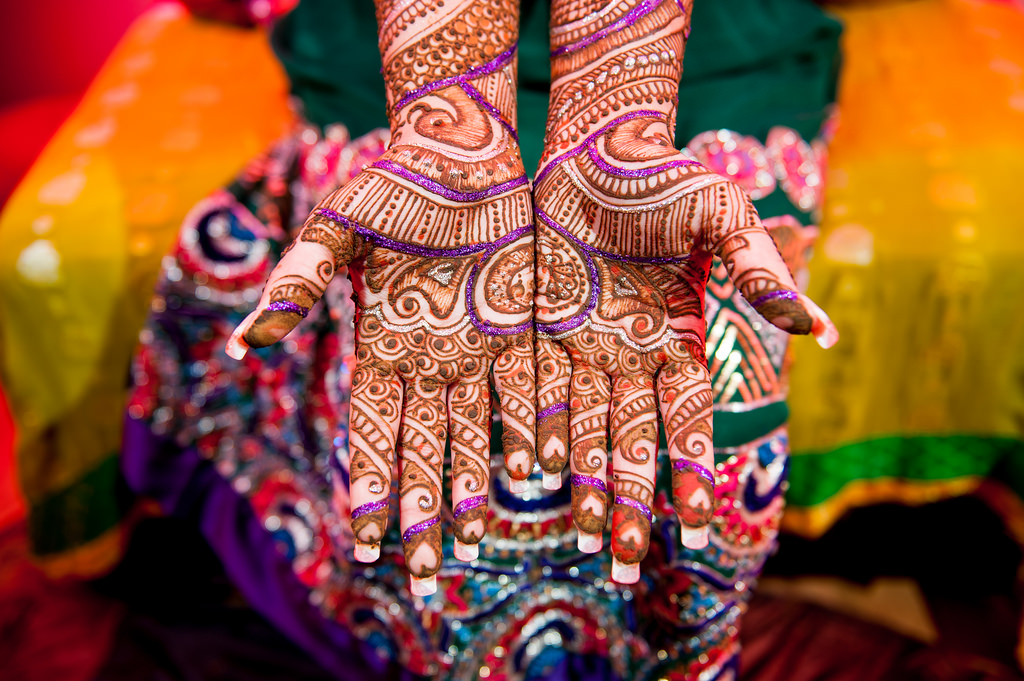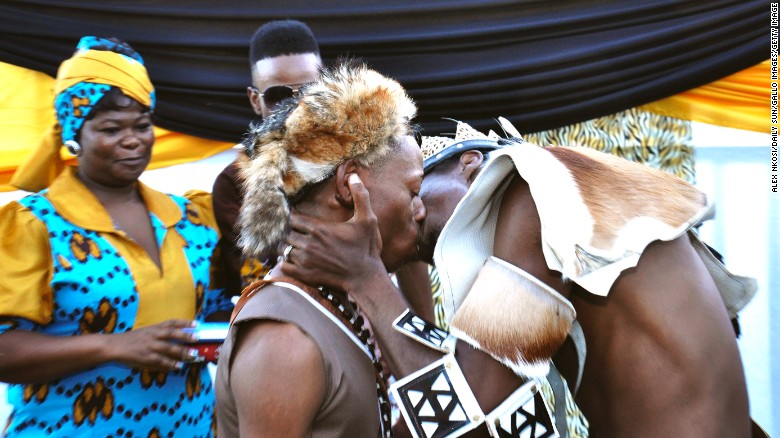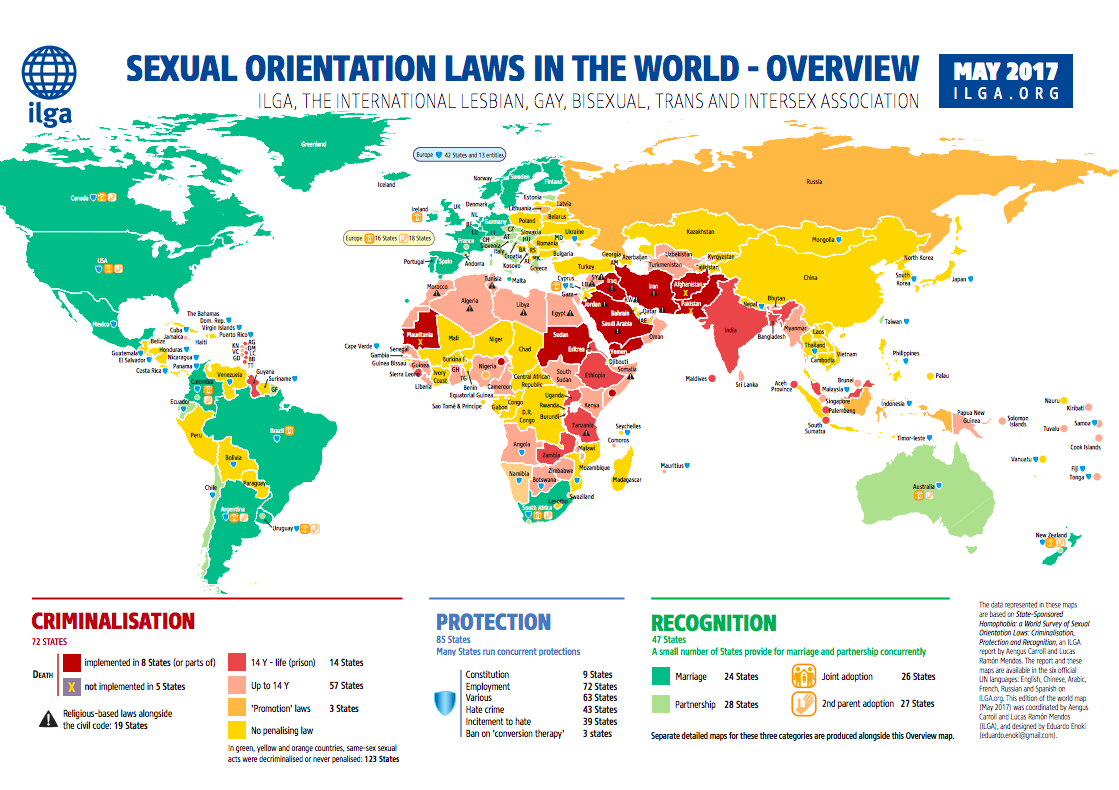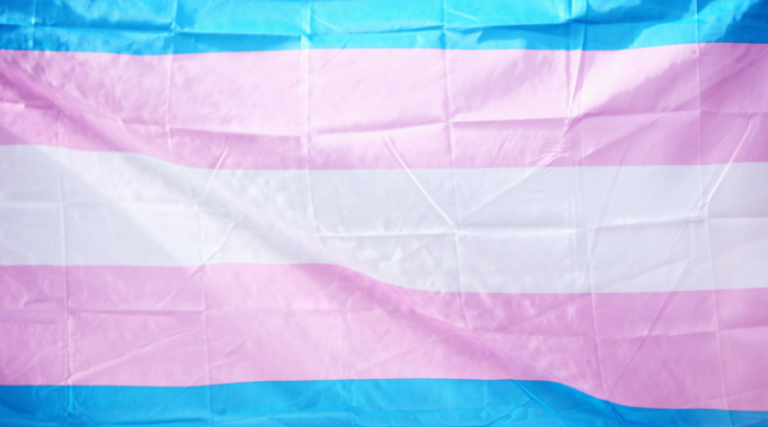No Love Should Be Illegal – A Look At Same-Sex Marriage Around The World
As Taiwan is set to become the first Asian country to legalise same-sex marriage in 2019, we’re taking a look at the why same-sex marriage is so important for so many LGBTQ+ people around the world.
When we’re little, a lot of us dream of getting married. We plan out the perfect wedding and hope for the fairytale marriage. We imagine ourselves walking down the aisle, jumping the broom; releasing the doves; throwing the confetti; cutting the log; receiving the goose; wearing the ring of flowers; breaking the white bell or adorning ourselves in henna, amongst the other thousands of marriage customs and traditions that take place all around the world.

We see our friends and family getting married, and if we’re heterosexual, we take it for granted that one day we might do the same… if we choose to*.
But some people have not always benefited from this privilege. Until 2000, it was illegal for couples in a same-sex relationship to get married.
Thankfully this is changing. In the last 18 years we’ve seen major progress for LGBTQ+ rights. Same-sex marriage is now being performed and recognised in over 26 countries (28 by 2020) around the world!
*This article is talking free-choice marriage. The practices of arranged marriage, and other legal forms of kinship haven’t been discussed because of the length of this piece.

Why is Same-Sex Marriage so important?
The fight for marriage equality is important so all relationships, including same-sex, opposite sex and non-binary relationships are recognised by both society and the law as equals in terms of love, legitimacy and rights.
Marriage gives couple’s certain legal rights that aren’t available to couples who aren’t recognised by the law. Civil Unions (Civil Partnerships) are a legal union, similar to marriage, which were designed to grant same-sex couples the same, or similar, rights as married couples.
These rights include things such as:
- Property ownership/division
- Adoption
- Child-Care
- Welfare Benefits
- Healthcare
- Next of Kin/Medical Consent
- Divorce
- Inheritance & Death
- Pensions/retirements benefits
- Tax
- Paternity
- Money/Possessions/Grants & Loans
However, many LGBTQ+ rights supporters argued that Civil Unions represent a “second class status” for LGBTQ+ citizens and instead all people should be granted the right to be married, regardless of gender or sexual orientation.

No love should be illegal or discriminated – and that’s what the fight for same-sex marriage is about.
2001 – Now
In 2001 the Netherlands was the first ever country to legalise same-sex marriage, which included full adoption rights and the recognition of same-sex partners as legal kin. On the 9 December 2017, after a landmark vote to legalised same-sex marriage, Australia joined the other 25 states, making Australia the latest addition to the quickly growing list.
Now Taiwan is set to become the first ever Asian country to legalise same-sex marriage, after the council of grand justices said; “barring gay couples from marrying violated “the people’s freedom of marriage”.

Nevertheless, in 73 countries homosexuality is still illegal and criminalised. Therefore it’s important to remember that whilst major advancements have been made, we’ve still got some way to come in terms of legalising same-sex marriage and homosexuality.
Statistics show that between 2015-2017, 3535 people made an asylum claim in the UK, on the basis of their sexual orientation and the fear of persecution they faced from within their home countries because of their sexual identity.
However, we’re making leaps and bounds in terms of LGBTQ+ rights and we shouldn’t forget that. The fact that 26 (soon to be 28) countries already recognise and perform same-sex marriage should be celebrated!

If we keep going at this rate, then finally, one day soon, it will be legal to love whoever you choose, wherever you are.
Here’s a List of all the Countries where Same-Sex Marriage is/will be Legal
Argentina (2010)
Australia (2017)
Austria* (2019)
Belgium (2003)
Brazil (2013)
Canada (2005)
Colombia (2016)
Costa Rica* (2020)
Denmark (2012)
Finland (2017)
France (2013)
Germany (2017)
Iceland (2010)
Ireland (2015)
Luxembourg (2015)
Malta (2017)
Mexico* (2010)
Netherlands (2001)
New Zealand (2013)
Norway (2009)
Portugal (2010)
South Africa (2006)
Spain (2005)
Sweden (2009)
Taiwan* (2019)
UK* (not Northern Ireland) (2013)
USA* (2015)
Uruguay (2013)
Click on the map below to see a detailed overview of the Sexual Orientation Laws In The World, published in May 2017 by the The International Lesbian, Gay, Bisexual, Trans and Intersex Association.

Read More:
https://fumble.org.uk/why-lgbt-rights-are-important-for-all-of-us/







